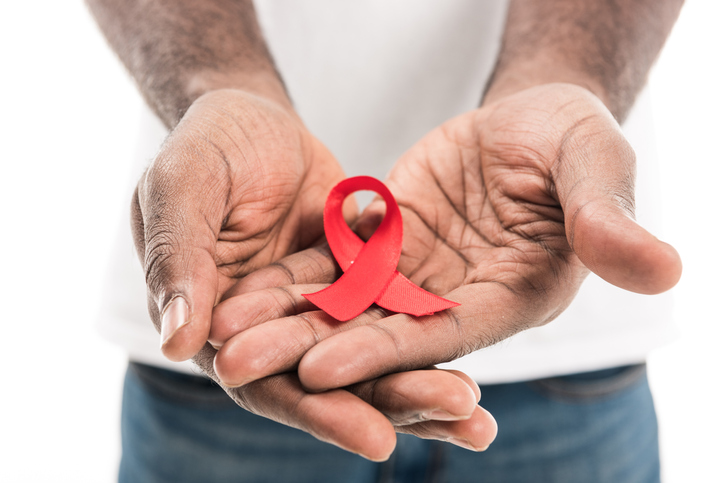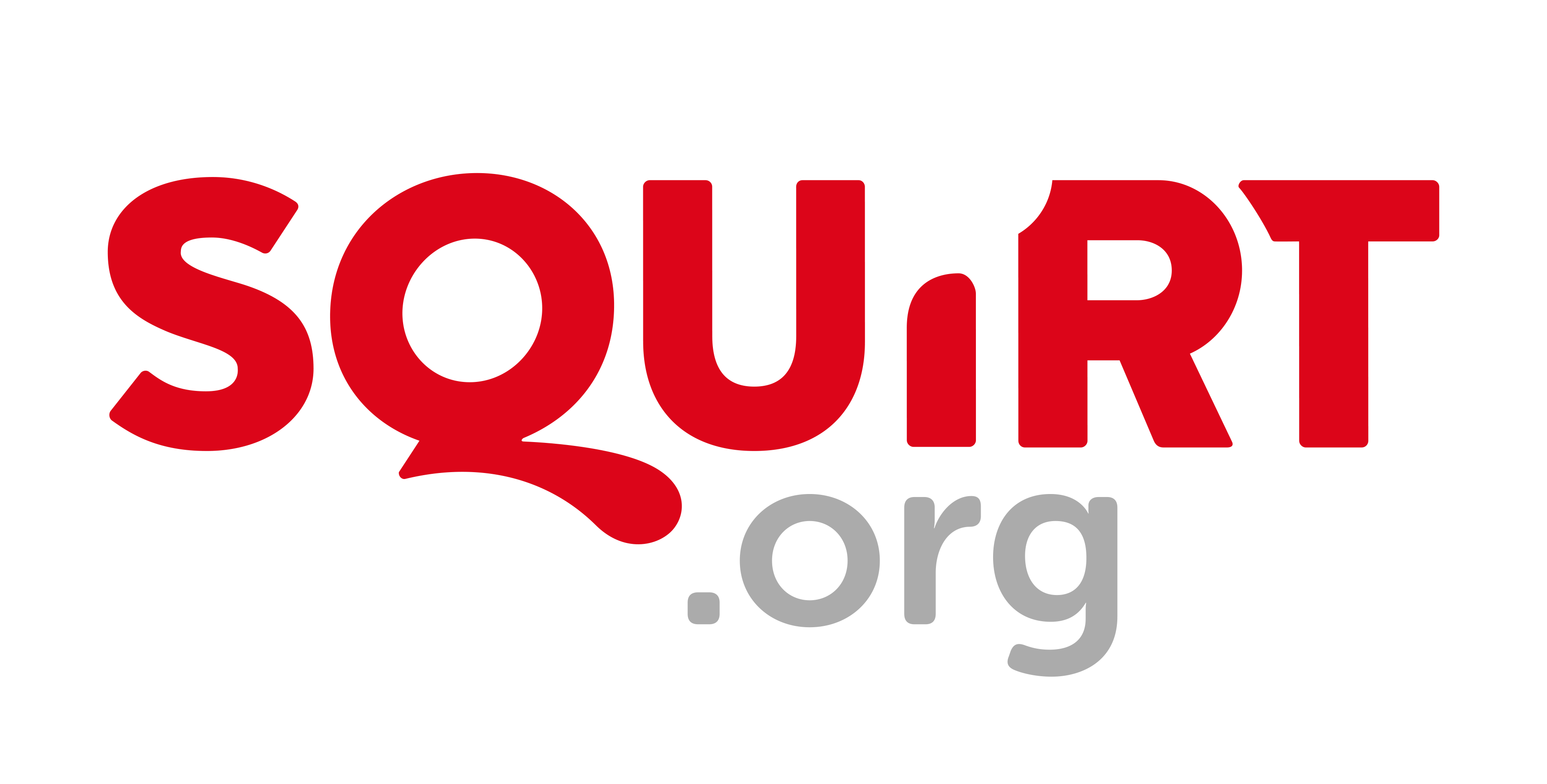The COVID-19 pandemic has made HIV testing at a clinic even more inaccessible. Two-thirds of GBT2Q have not been tested for HIV on the first half of 2021. The number of GBT2Q people who delayed testing is almost double what it was prior to the COVID-19 pandemic, and more than half attribute these delays to clinic closures or safety concerns in accessing testing services.
While this is a very high number of people who have missed or delayed testing, the situation was not great prior to COVID-19. What the pandemic hasn’t changed is the stigma related to HIV testing that creates barriers for GBT2Q people to get tested. Experiences of stigma from governments, healthcare providers, the general public, and within the GBT2Q community–not to mention internalized stigma–has created a situation where there is fear of testing. Misconceptions about living with HIV, discriminatory laws that criminalize HIV transmission, and experiencing judgement about sexual behaviours and partners continue to create barriers for people to get tested. When GBT2Q people access HIV testing services, despite all of the stigma, there are additional barriers in clinic access. This is particularly pronounced in less urban settings.
But it’s not all doom and gloom. This year we have an additional tool in our toolbox. The INSTI HIV Self Test (a finger prick test that provides results in minutes) was approved by Health Canada in November 2020. This is similar to the existing healthcare provider administered rapid HIV test available in many parts of Canada.
To draw attention to this new tool–while also making a point to combat stigma–CBRC has produced two videos with Canadian model and HIV activist Travis L’Henaff that demystifies HIV self-testing. In the videos, L’Henaff speaks frankly about his own experience testing positive and the importance of knowing your status and working to eradicate HIV-related stigma.

Click here to watch the videos
While no one tool will be the solution to end HIV transmission, there is promise that the HIV self-test will appeal to people who experience barriers to testing. These could be barriers related to stigma, such as needing to discuss the reasons for wanting to access HIV testing, or even as simple as not needing to book an appointment and being able to test in your own home. In the United States and Europe, HIV self-testing initiatives have shown promise in reaching people who test less frequently. We need to replicate and adapt these interventions to the Canadian setting, in the hopes that provincial governments properly fund programs to provide access to HIV self-testing.
If you are someone who experiences barriers to testing, or simply want the convenience of testing in your own home, CBRC is currently running Test Now: Community Edition, an innovative pilot project that provides free INSTI HIV Self Test kits to GBT2Q men through a network of more than 20 community-based organizations across the country. To find a participating organization near you, click here. Specific details concerning HIV self-test kit access may differ from organization to organization.
Our partner, REACH Nexus, is also running its own national HIV self-testing initiative, the I’m Ready research program. I’m Ready will see 50,000 free HIV self-testing kits distributed across Canada with the goal of getting undiagnosed Canadians connected to care. I’m Ready aims to reach all key populations who are disproportionately affected by HIV and is open to anyone in Canada over the age of 18. The program allows participants to sign up for the program easily and anonymously through their smartphone.
To learn more about CBRC, click here.
Written by Chris Draenos. Chris is CBRC’s National STBBI Testing and Linkage Implementation Manager. For more information on the HIV self-test kit or the Test Now research program, contact chris.draenos@cbrc.net.


